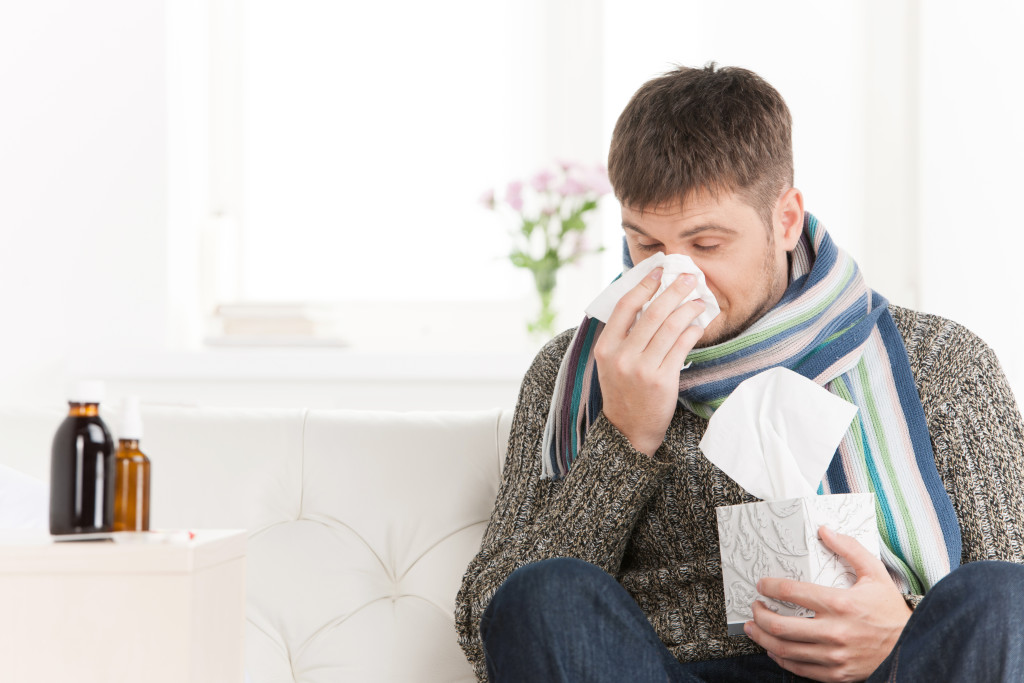
November is here and so is the respiratory virus season. For patients with PAH and IPF this means that we have to worry about avoiding friends with respiratory symptoms (cough, runny nose, sneezing). Protecting yourself also means getting a flu shot. This is not a low priority item on your to do list. Make it a top priority.
Each year 36,000 Americans die from influenza and 200,000 Americans are hospitalized. Patients with heart and lung problems are at particularly high risk to have more severe influenza. Protect yourself and your family. Everyone you know including yourself should get a flu vaccine. There is no excuse not to get a flu shot.
Here are some of the excuses I have heard over the years:
- I don’t believe in the flu vaccine: That’s like saying you don’t believe in the sun or water. Flu is a fact of life. The flu shot is the best way to protect yourself. Flu is not up for debate. It is here and it kills!
- I never get the flu so I don’t want to get a flu shot: by that backwards logic you should also not wear a seatbelt, get life insurance, or lock your doors. Waiting for a bad health event to change your mind about a preventative measure is upside down and backwards thinking.
- I always get sick after the flu vaccine: It is not possible for the flu vaccine to give you influenza. You certainly may get a low-grade fever or feel a bit achy. These are signs of your body making an immune response. You might even be unlucky enough to get influenza around the time that you got your flu shot. That’s just bad luck. Next time get your flu shot earlier in the season to avoid an early case of influenza.
- I’m allergic to eggs: This is an old legend more than science. The vast majority of people allergic to eggs tolerate the regular flu vaccine. In rare cases of patients who truly are allergic to vaccines that have traces of egg proteins there is a flu vaccine that has no egg proteins—Flublok.
- Flu shots don’t work: This is just not accurate. In all the studies done by the CDC, flu vaccines decrease the likelihood of dying or being hospitalized from influenza. Some years the protection is better than other years but there is always at least moderate benefit.
What is Herd Immunity?
Herd immunity is the concept that the more people around you who are vaccinated, the lower the chance of your getting the infection. This means that you and all your friends and family should be vaccinated to minimize the chance of getting infected.
But the internet says the flu shot is dangerous…
The internet is full of bogus information and this is just one of those examples. For some reason vaccination attracts a great deal of attention from people that simply reject real science and good quality studies. Don’t be fooled by them. Flu vaccination is safe and effective.
Protect yourself and get vaccinated.
